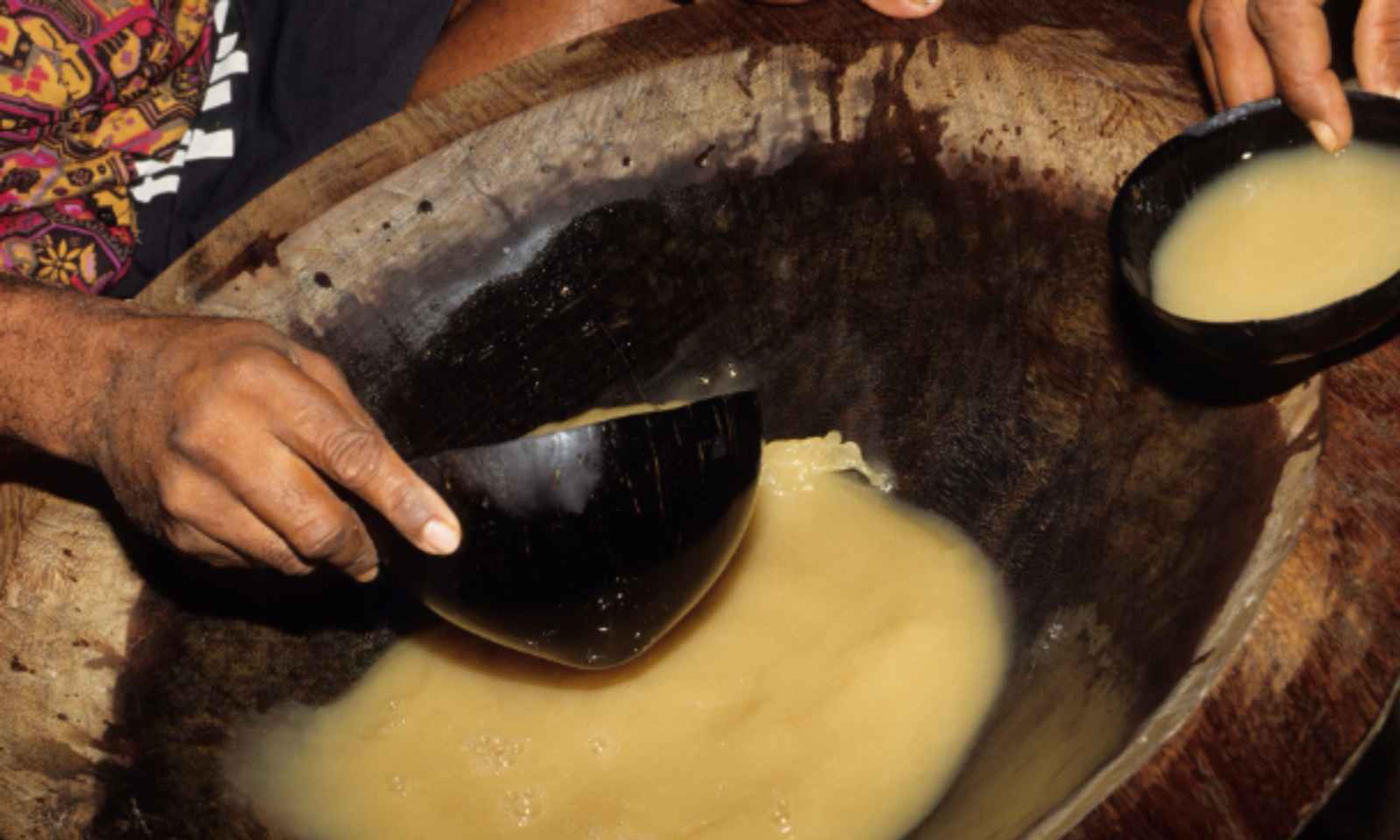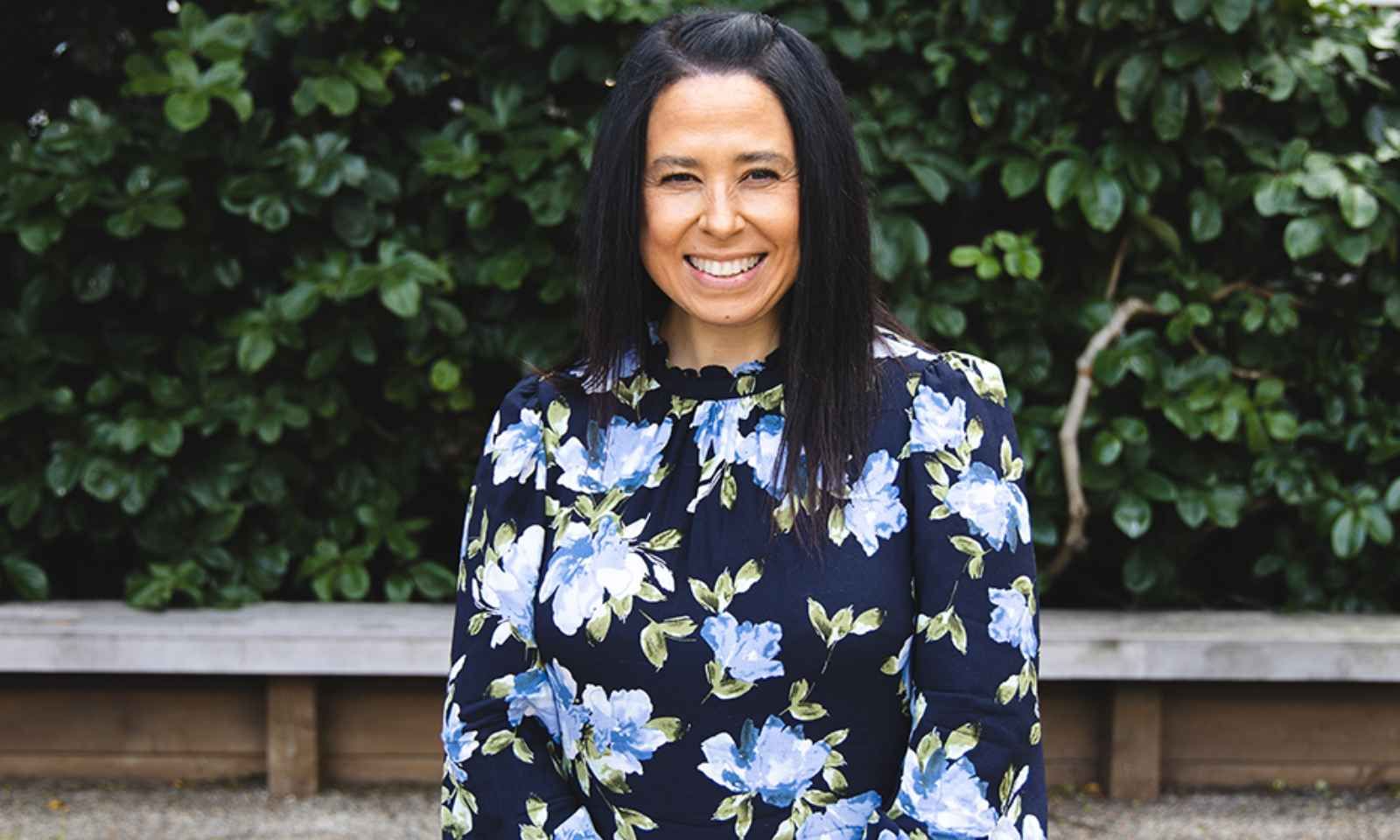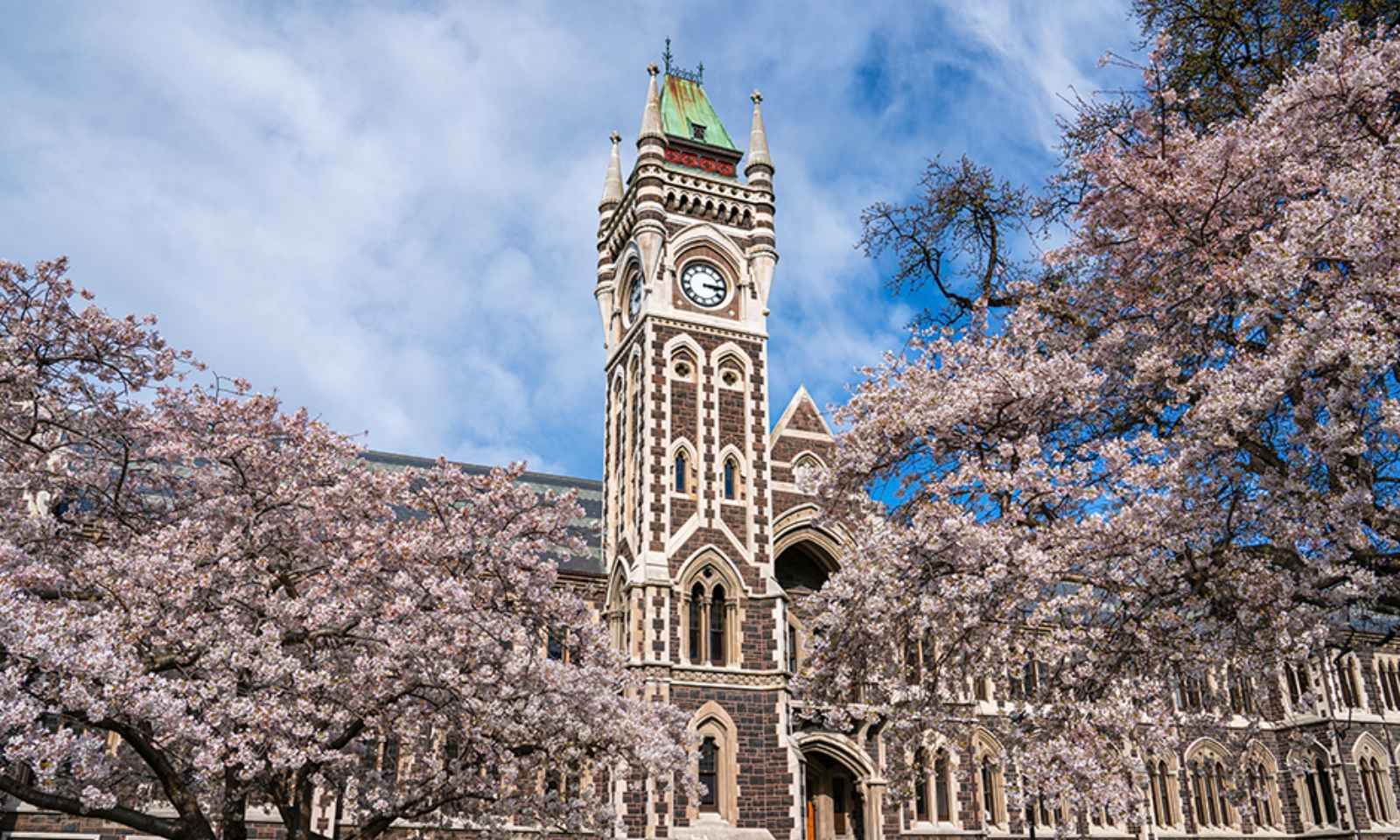

ChatGPT said: Kava (also called ʻava, yaqona or sakau in different Pacific languages) is a traditional drink made from the root of the kava plant (Piper methysticum), a member of the pepper family that grows across the Pacific Islands.
Photo/Supplied/PINA
University temporarily bans social kava while drafting formal policy
Otago University is limiting kava use on campus to ceremonies and approved research to balance cultural respect with health and safety.



'Keep the eyeballs on the game': All Blacks legend backs Super Rugby shake-up

Kiridox and Folau drop island love anthem before Valentine’s Day

‘I thought my world had ended’: Artist takes his story from a fall to the NZ arts festival stage


Visa-free Pacific-travel push splits Parliament as ACT holds back

'Keep the eyeballs on the game': All Blacks legend backs Super Rugby shake-up

Kiridox and Folau drop island love anthem before Valentine’s Day

‘I thought my world had ended’: Artist takes his story from a fall to the NZ arts festival stage
The University of Otago has temporarily restricted kava use on campus as it works to create its first policy on how the drink can be used.
In a statement to PMN News, Deputy Vice-Chancellor Pacific Associate Professor Dianne Sika-Paotonu says the move is designed to provide clarity and balance cultural respect with health and safety obligations.
“This is a timely opportunity to support a shared understanding about kava with a focus on understanding more about the use of kava in on-campus settings,” Sika-Paotonu says.
“It is important to note that the interim decisions about the use of kava pending the policy relate only to on-campus use of kava.”
Her statement follows an interim statement that was sent to staff last week which announced the university’s move to temporarily restrict kava use on campus to formal ceremonies and approved research while a new policy is developed.

Associate Professor Dianne Sika-Paotonu, immunologist and the current Associate Dean, Pacific, in the Division of Health Sciences took on the role in February. Photo/Otago University
Kava is a plant in the pepper family and a traditional psychoactive beverage made from its root which is prepared by mixing ground kava root with water and is consumed socially for its sedative, muscle relaxant and euphoric effects.
The drink also has cultural significance and is used in traditional ceremonies in multiple Pacific countries including Tonga, Sāmoa and Fiji.
Although acknowledging the drink’s cultural significance, Sika-Paotonu says the university must also meet its duty of care as a public institution.

The University of Otago, established in 1869, is New Zealand’s oldest university and a globally ranked research institution with a diverse student population, including a growing Pacific community. Photo/Otago University
“Kava is a CNS depressant which can have implications especially for people on certain medications as well as potential impairment for students and staff at work.
“There are also issues relating to allergies and other health impacts to be considered.
“The policy aims to strike a careful balance, recognising kava’s cultural role while establishing clear guidelines for its use.”
The University of Otago is ranked in the top one per cent of higher education institutions in the world and has reported growth in commencing Pacific enrolments in recent years.
Overall, enrollments in 2025 are up with 18,018 full time students enrolled this year, a 2.7 per cent increase from 2024.
Watch about the origins of kava below.
Like Otago, other notable New Zealand universities do not have formal policies on kava use.
A University of Waikato spokesperson told PMN News that the institution has not had issues that would prompt one.
“Kava is used where it is culturally appropriate and based on customary usage and common sense.”
University of Canterbury Executive Director of People, Culture and Campus Life, Paul O’Flaherty told PMN News that kava is sometimes used at welcomes, community gatherings and students events.
“In these contexts, the team follows established protocols to ensure health and safety, such as avoiding the sharing of cups, and monitoring consumption,” O’Flaherty says.

Paul O’Flaherty of the University of Canterbury says kava use follows health and safety protocols. Photo/University of Canterbury
Te Herenga Waka - Victoria University of Wellington also confirmed it has no specific policy or guidelines around kava use on campus.
Although there is no clear timeline for the University of Otago to develop aformal policy on kava use, Sika-Paotonu says there will be a chance for input.
“The opportunity for talanoa on the policy will be available for groups across the university.”